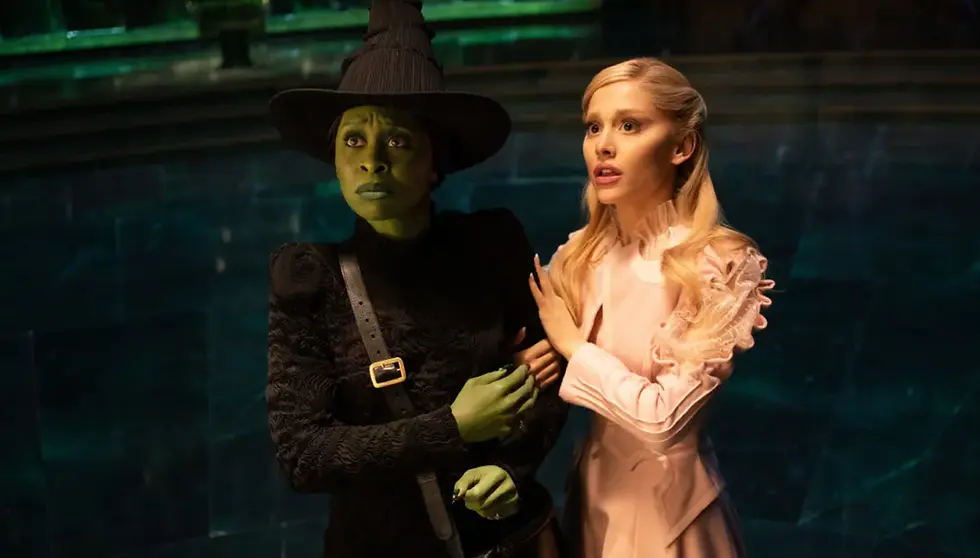The Boys in the Band - Vaudeville Theatre
- comaweng
- Feb 15, 2017
- 3 min read

In the end, I never figured out why this play has its title, The Boys in the Band. It’s essentially about what it means to be a homosexual man in 1960s America, back when it was most unacceptable and distinctly un-Christian (not ‘anti’, interestingly, but ‘un’) in mainstream society to be a ‘faggot’. It still seems to be a major point of contention, despite decades of pressure, campaigning and ‘Pride’ events – by the time I got around to seeing this Park Theatre production, getting a brief West End run in the Vaudeville Theatre, another show, Everybody’s Talking About Jamie, had its press night at the Crucible Theatre in Sheffield. That musical, based on a true story in modern Britain, demonstrates the issues likely to still be experienced by anybody who isn’t ‘straight’, and while The Boys in the Band certainly has dated elements, overall, it still has much to say about accepting people for who they are, quirks and all.
The thing about The Boys in the Band is that there have been so many plays and musicals that have followed it, such that I couldn’t help but feel that I’ve seen the events that transpire in it elsewhere, and done with more severity and impact. It’s a bit like seeing horror movies over a period of some years, then finally seeing Psycho, only to find that by modern standards that film is relatively tame. But both The Boys in the Band and Psycho retain some degree of shockability. Certain punchlines in the play still elicit audible gasps from the audience, though these days it isn’t what was said so much as why a particular character felt it necessary to say it in the first place.
To return to the point I started with, there are no boys, and there is no band, nor is there mention of either. Boys? Oh no. Though these are a bunch of grown men, their collective lifestyles are best described in a line from the show a few doors down from the Vaudeville, at the Adelphi Theatre, Kinky Boots: “Ladies, gentlemen, and those who have yet to make up their minds.” Alan (John Hopkins) tells the host of this gathering, Michael (Ian Hallard), that the only one he dislikes out of the group is Emory (James Holmes). I quite agree: Emory as a character is simply too hammed up to be entirely convincing, and I wondered whether Emory’s overly charismatic nature (to the point of annoyance) was masking some deep secret of some description or other. It’s not great when one is very much aware that one is watching a play, unable to lose oneself in the dynamics of it all.
It’s Harold (Mark Gatiss) who largely gets the best and pithiest lines, and the sarcasm and facetiousness gradually rise to a crescendo, rather predictably. “Show me a happy homosexual and I’ll show you a gay corpse,” the play preaches. While there has been some evidence that attitudes within organised religions have led to suicides amongst LGBT worshippers, statements like those are no longer universally true. Most of the characters are more like caricatures, stereotypical in nature, almost as though the production is taking the piss out of gay people. It would be very surprising if this were the intention. But it did make me wonder what exactly much of the audience was chortling away at, and why. Great acting though from an excellent cast.
Three stars
Photo credit: Darren Bell




Comments